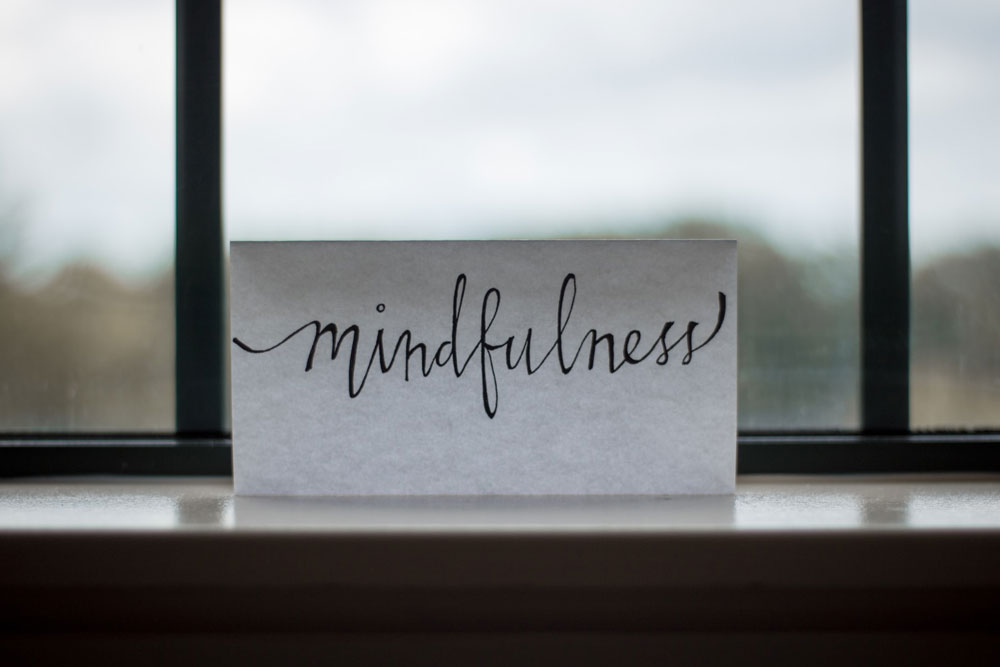How Do We Regulate Emotions In Depression And Anxiety?
Published on January 5th, 2021
Updated on January 2nd, 2024

Depression and anxiety are emotional states all humans face in one form or another, at one point or another throughout a life span. Many life stressors such as a big move, a new baby or a job change can bring about bouts of anxiety.
Losing a loved one, feeling isolated, or suffering another series of losses may cause depressed feelings. When depression and anxiety become unmanageable and begin to impact someone’s capacity to function and relate to the outside world, professionals may suspect a clinical diagnosis.
While medication intervention and professional psychotherapy are often warranted, it’s helpful to keep the following powerful regulation tools in your back pocket, as they are proven to keep depressed and anxious emotions at bay.
Sponsored by

Choose a therapist to work with and start healing with 20% off from BetterHelp.
Click Here
Mindfulness Training
Mindfulness has received a lot of attention in the psychological community over the past ten years and for good reason. Mindfulness, or practicing “non-judgmental awareness” is proven in study after study to reduce the compound effects of stress and promote feelings of overall well-being and satisfaction.
If you are new to the mindfulness band-wagon, I like to explain it as the practice of closely paying attention to the present moment.
For example, if you were to mindfully sit in your chair you might slow your breathing as you settle into the seat beneath you. You might feel both feet on the floor or ground under you and even press the balls of your feet into your shoes. You might feel how the seat beneath you is hard, soft, plush or firm. You’d notice if the fabric that touches your skin is soft, silky or rough. As thoughts came into your mind, which they undoubtedly would like:
“this chair is comfortable”
or
“my back hurts”
You’d gently push those thoughts to the side, bring your attention back to your breath and pay attention to the sensations in the moment.
This type of focused attention reduces the cognitive processes that fuel anxious and depressed states. Mindfulness training tunes a person into the realization that a depressed thought like,
“I’m worthless and no one likes me”
is oftentimes a cognitive construct more than a careful observation.
A more careful observation might be:
“I have few friends here and feel lonely often.”
- Does having few friends imply worthlessness? No.
- Does it take away the loneliness? No.
However, it does mitigate the personal judgements about the loneliness and encourages more reflective and proactive problem-solving.
The more a person practices mindfulness the more that person is able to notice the thinking traps that they fall into.
Reframing, not Ruminating!
Biologists will tell you that a ruminant animal like a cow, a deer or an elk, chews on the same piece of cud repeatedly, digests it, vomits the cud and then starts chewing on it again. Pardon the graphic metaphor, but the digestive process we see in the animal kingdom parallels the cognitive processes humans maintain.
Have you ever had a worry or obsession that creeps into your mind time and time again, and instead of pushing it from your mind or realigning your thoughts in reality, you turn this obsession over and over until you swallow the whole of it and accept its “truth”?
Sooner or later, the problematic thought or fixation resurfaces just like the cud, and you spin your wheels to chew and digest, again.
This cognitive process is aptly called ruminating and it’s detrimental to our psychological well-being.
A ruminative person needs help getting off the hamster wheel of rumination with reframing. A reframed thought is clearer, saner and grounded in reality not the anxious meanderings of our mind.
An example of a ruminative thought might be:
“I have a lump on my leg, it’s probably a tumor.”
Round two of the rumination might be:
“It’s a tumor, but I don’t know if it’s malignant.”
Round three:
“The doctor could tell me if it’s malignant, but I think it is because it’s large and not small.”
A reframed thought is:
“I have a lump on my leg I haven’t noticed before, I need to get it checked out so the doctor can diagnose it.”
Notice how the reframed thought isn’t sugar coated, but it is solid and has a plan attached to it. It takes mental fortitude to discipline our minds but the payoff is worth it. People who constantly ruminate are anxious, unfocused and prone to delusions and grandiosity more than those who discipline their minds to reframe.
I often find it helps my clients to write down their ruminative thoughts in one column and their reframed counter-thoughts in another. This way, they can see the difference clearly and cohesively.
If you feel depression and anxiety creeping in, practice mindfulness, stop the rumination cycle and reframe and notice the results.
Sponsored by

Find an affordable therapist online with 20% off from BetterHelp.
Click Here






Leave A Reply